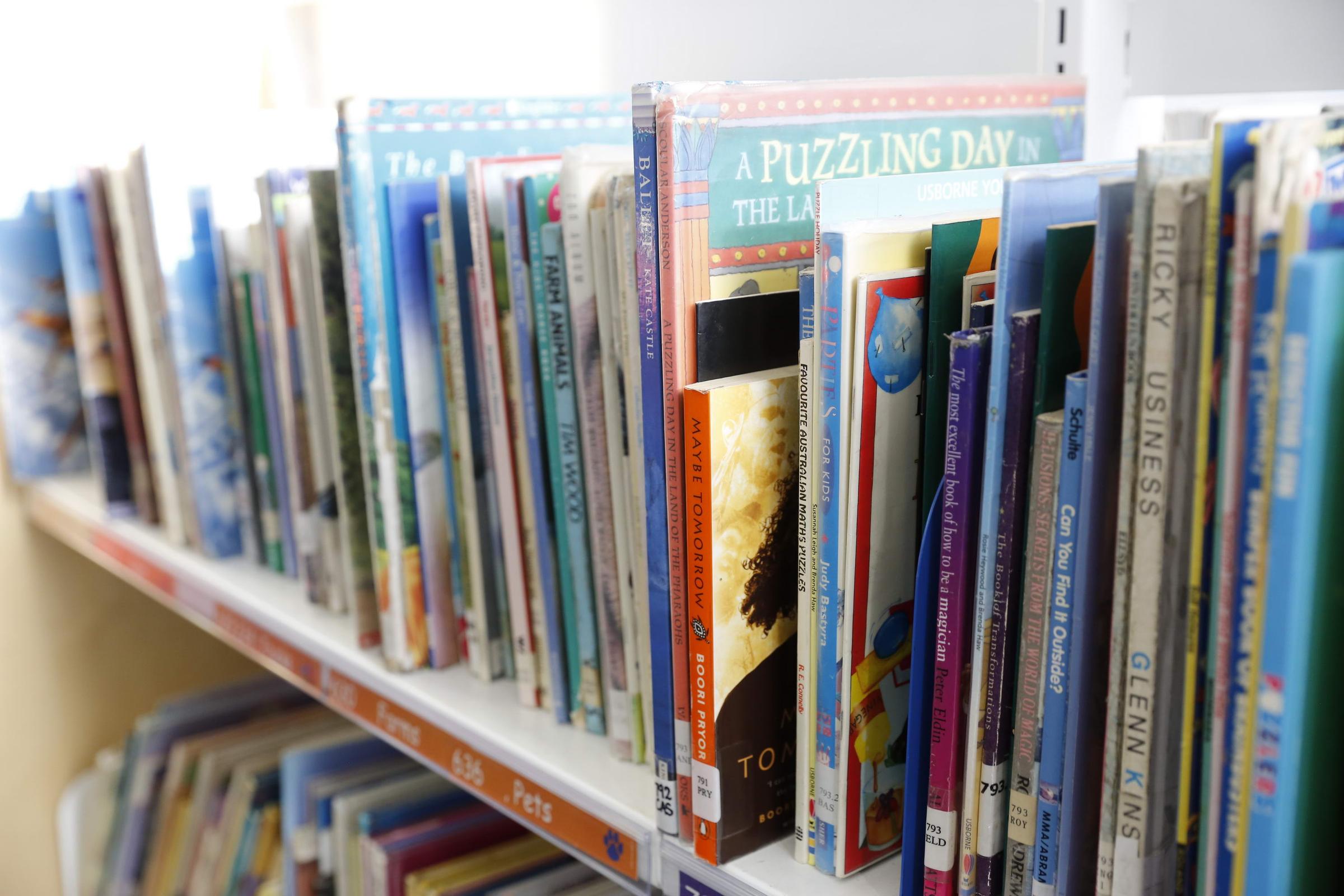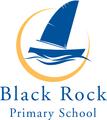English

Overview
English is divided into Reading and Viewing, Writing and Speaking and Listening. There is a 2 hour Literacy session taken each day. Specific Speaking and Listening activities are also undertaken.
A Literacy session starts with a whole grade shared reading activity. The teacher will focus on a particular skill or feature of the text. This is followed by independent, small group work and individual guided reading with the teacher and whole class share time. Writing follows using the same format of whole, small group, whole.
Reading
In Reading, word decoding strategies and skills are built on, extended and practised. Students are asked to reflect on, What does a good reader do when they come to a word they don’t know? Through Guided Reading activities, individual students are taught strategies such as: sounding out words, chunking letter clusters, predicting what the word could be, looking at the first and last letter to see if they know a word which might fit, and asking does it look right/sound right.
Gaining meaning from their reading becomes a focal point as students become independent readers. They are involved in activities which demonstrate their understanding/extend their thinking and assist them to self monitor their reading.
The children are encouraged to predict, question and alter their predictions as they read. Using evidence from the text students show their understanding of the characters, the plot, setting and the author’s style, through activities such as retells, story maps, character profiles and What if…? activities.
Home reading books can be changed daily. We encourage the students to become independent and accept responsibility for this.
We will continue to use reading strategies from CAFÉ. (Acronym for Comprehension, Accuracy, Fluency and Expanding vocabulary)
Writing
Writing involves spelling, grammar, punctuation, handwriting and writing text. The students are involved in writing different styles of text such as, narratives, poetry, reports, descriptive text, recounts, letters, emails, persuasive and procedural text. These are introduced through modelled and shared writing activities.
Punctuation and grammar are taught both formally and informally with a focus on specific needs and relevance to students. Students are taught punctuation and grammar skills during modelled writing sessions and one-on-one student conferences.
There will be a weekly whole-class spelling. Spelling activities involve blending, word building, onset and rhyme, word families, topic words, high frequency words, etc. Students are encouraged to use their Useful Words Book and to also look back to previous work when unsure of spelling.
The VCOP program, (Acronym— Vocabulary, Connectives, Openers and Punctuation ) will continued to be implemented.
Students work on various aspects of the writing process such as: planning, composing, recording, revising and publishing during independent writing. Whole class share time involves sharing, reflecting and celebrating learning as an important part of the writing program.
With handwriting we will continue to encourage correct pencil grip. Correct size and formation of letters is a focus of formal handwriting sessions and in all written work. Using correct starting and finishing points in forming letters is essential for joining writing in Year 3.
Speaking and Listening
News Reports will begin in Term 2. Students will be encouraged to develop their speaking skills in a supportive setting. They will speak to the class on a subject based around the Inquiry unit topic of the term, as well as a ‘Free Choice’ topic.
Teacher & Learning Support Leader – Krystal Frazer F-2
The role of the Teacher and Learning Support Leader is to assist teachers and students in achieving the best educational outcomes throughout the year. They will work closely with the year level teachers to plan and implement rich literacy and numeracy activities where students will be both extended and supported. Depending on the students’ needs they will be exposed to a variety of learning environments, such as 1:1, focus groups and whole class. The Teacher & Learning Support Leader will work closely with teachers during curriculum and assessment planning, allowing greater access to each individual student’s needs.
